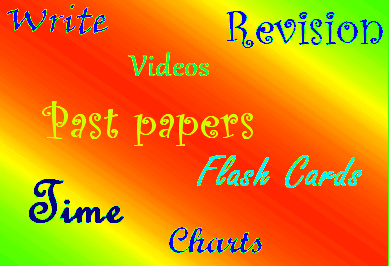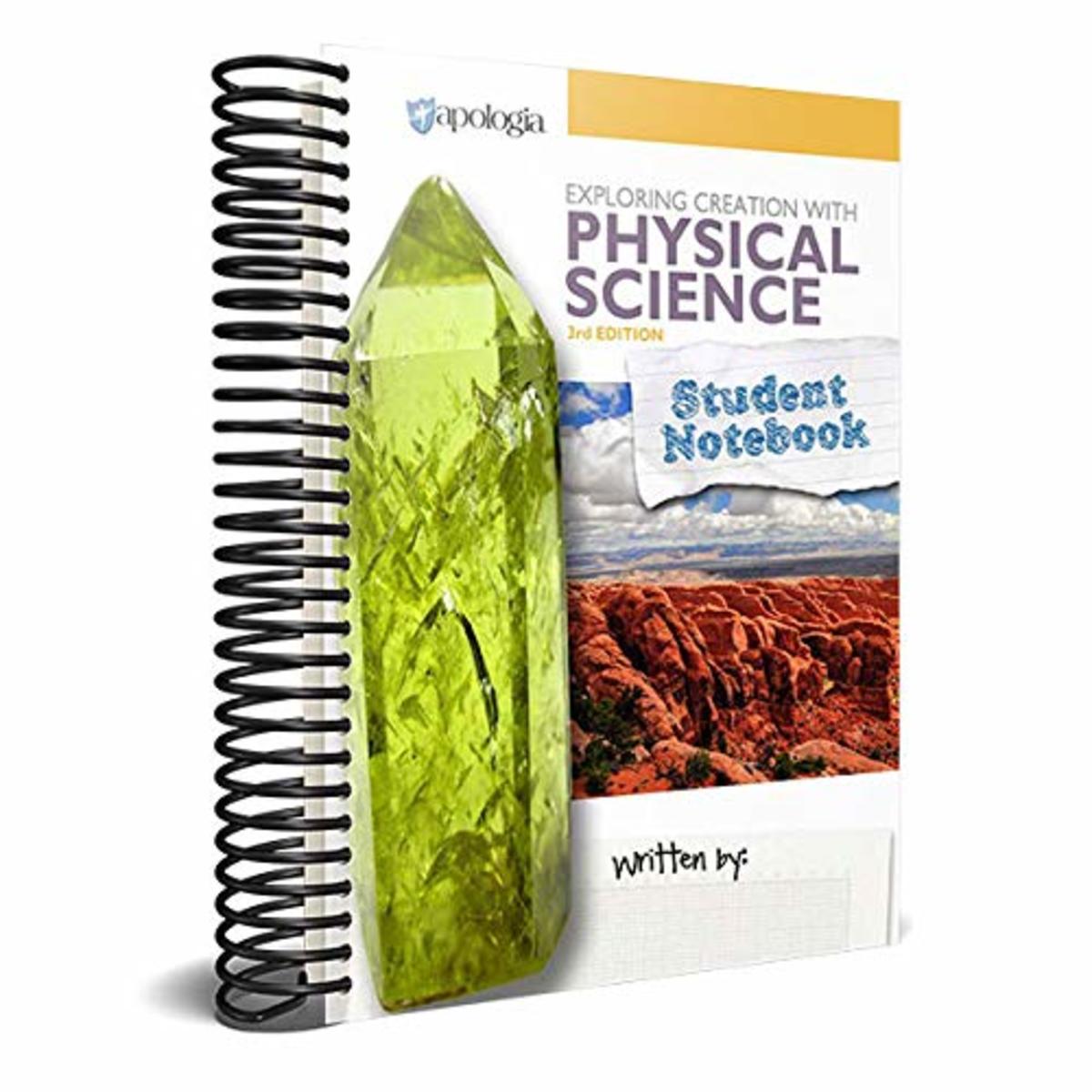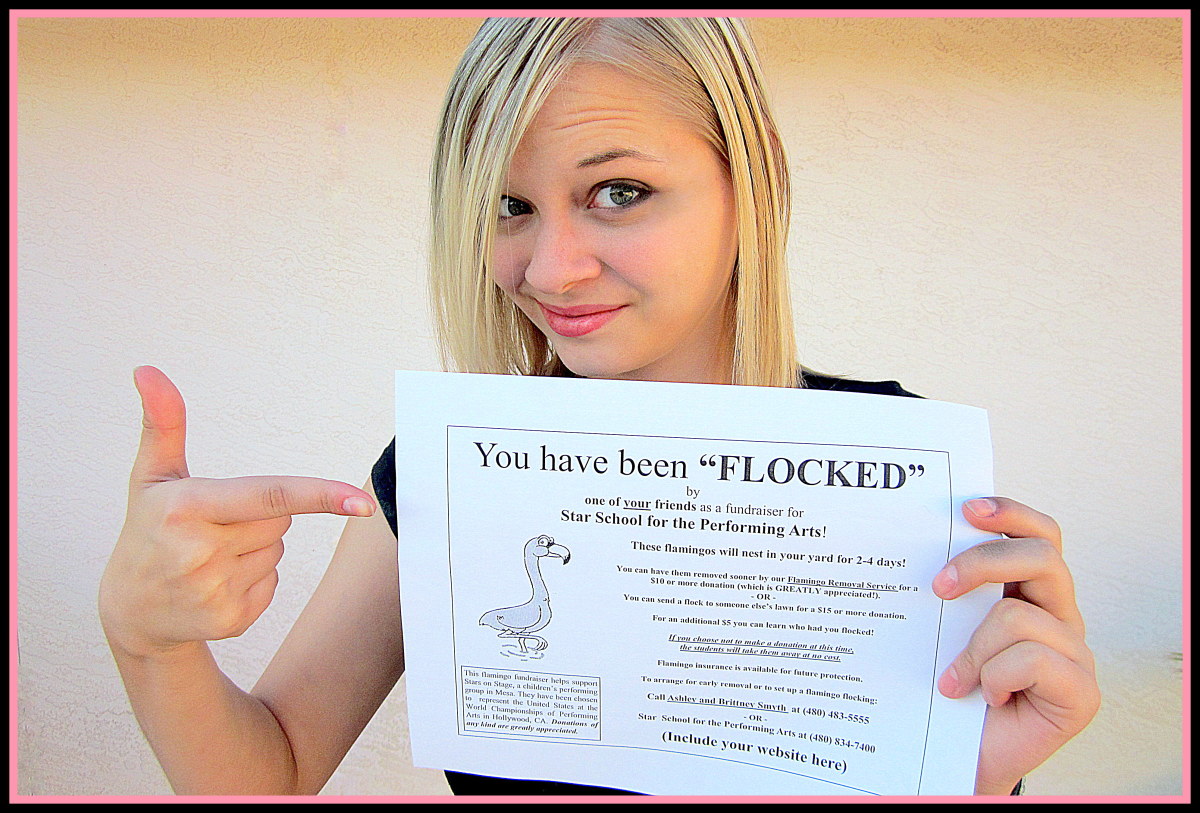6 Simple and Effective ways to prepare for O/A Levels or High School Chemistry, Math, and Physics

High school subjects no doubt offer very fundamental and essential knowledge that we employ throughout our lives, and hence it is very important to understand the facts and reasons of every law or rule that we go through during higher studies. This requires both attention and time, if studied attentively at a time, things are learnt better and lasts long in memory.
But it is a very general problem to prepare these subjects for the final exams, specially for science subjects like Chemistry, Math, and Physics, where there are loads of formulas, equations, theories, laws and many more, most of which we do not understand or are unable to apply. But there are still several ways that if we follow, we can prepare very well and do excellent in our exams.
Remember! Do not put everything for the last months of exams, it will give you immense stress and will keep you under pressure. So why not start learning early and small content day by day?

1. Write down what you don’t understand
Every student has his/her own way of preparing for finals exams. Some students are very good at learning by reading content, while others prefer writing each and every word down on the paper while learning. But for me the best way of learning is reading and writing both. Let me tell you how:
By reading the content loudly and number of times you will definitely get to learn some of it. Then you can start writing all those stuffs that you still couldn’t learn or understand. While you can practice for Physics and chemistry this way, Math still needs you to fill your notebooks with solutions. Math is a subject that you cannot learn until and unless you practice it multiple times.
2. Give each subject your time
Many students doesn’t seem to be giving enough time to each subject or topic and as a result, get disappointed with the final score. They manage to attempt some questions very well but leave others blank or incomplete. This happens when they do not justify the time with each topic they have to learn.
The best way to cope up with this is by giving some good quantity of time to each subject and then to each topic while preparing for exams. You might give some extra minutes to those areas which are a little hard, and give easy topics less time. But this way, you’ll manage to handle the whole syllabus and will be able to answer all questions correctly.
3. Solve past papers
Past papers are the perfect source of preparation for the final exams. They give you question structures, an idea of how the questions might be, scores to determine how much you should write, and the key to understand the questions requirements and the correct solutions. This is how you can use past papers very proficiently:
First of all I would like to advise you to solve the questions from each topic of each subject from the book first, this will give you a fair idea about how much you have mastered and which areas you still need to focus. After making sure you know the topic very well, start solving past papers. There are two apparent ways of solving past papers; topic wise and year wise. Both are fine but if you are willing to do great in exams, I will ask you to solve the papers topic wise first and then before exams, solve them all year wise.
4. Make flash cards/charts to make learning easier
Science subjects have very complex or large formulas/diagrams/laws and solutions that are still couldn’t be learnt by students. Even reading and writing them multiple times do not help. Then it is wise to change the strategy of learning those content, one of the very suitable ways is by creating flash cards/charts to learn and revise them regularly.
The effective ways to learn those stuffs is by making flash cards and revise them thoroughly and frequently. Other way of leaning those difficult contents is by making colourful, clear charts and sticking them on the wall or wardrobe and reading them every time you see. You may ask your friend to help themyou with it; you can ask them to ask random questions from the flash cards or charts to test your progress. And my words, you’ll be glad to see that you actually have leant all those difficult and lengthy theories
Have you ever learnt with the help of flash cards before?
5. Watch videos or do experiments
There still left are some laws/experiments/explanations that are left unlearnt at the end of the year. It is because of the fact that not everything can be learnt; some stuff is meant to be done experimentally to grab the right concept and reasoning. And to help you in this area, I want you to start watching videos of those topics or apply those theories in your everyday life. You can also conduct experiments at your school’s labs, if you’re allowed to do so.
The web is loaded with videos related to science and technology. You can find no excuse of not finding any video related to your syllabus topics. So start watching videos, and do some experiments to further enhance your understanding towards those topics which you couldn't understand anyway. This will surely help you.
6. Revise weekly or biweekly
Revision is the key to remembering the content for a long time, if you do not revise frequently, you’ll end up forgetting theories and explanations, and this applies to each subject. Even in math you need to solve questions again and again so that you do not overlook the right steps. And the best way to stay away from those scary moments is scheduling your revisions which could be done in the following way:
You certainly need not to revise everything every day, but revise some at a time on weekly basis, especially those parts of the topics which were difficult to grab. Set up a revision schedule and do not learn anything new during revising. Just review everything that you have already learnt and you may solve few questions on that topic to assure that you have not forgotten anything important related to the final exam. keep revising till the end of the year and revise one last time thoroughly before exams, you’ll be amazed to see that you have managed to remember everything perfectly.
7. Ask questions!
This is a very important part of the learning that many students ignore and this results in the misconception of ideas and makes it difficult to understand stuffs properly, so ask questions during lectures, during group studies or research online. Never think that you can leave any topic and do it later, because later you will have many more things to do and it will become difficult to catch up with everything at one time. So do not hesitate and ask your queries instantly and get your problem solved at the very same time.
By following the guidelines above, you can easily manage to remember all your high school contents in your university life as well, and it is going to help you more than you have imagined. The above tips can be readily used by students and teachers or parents can also refer them to their students and kids to help them prepare for exams without much stress.
Happy learning and wish you best of luck for your exams!

![CAMBRIDGE IGCSE O LEVEL MATHEMATICS [0580] FULLY SOLVED PAST PAPERS -EXTENDED PAPER 2 & 4 [VARIANT 2]: LATEST EDITION [2011-2016]](https://m.media-amazon.com/images/I/51X+FaG3ZBL._SL160_.jpg)







